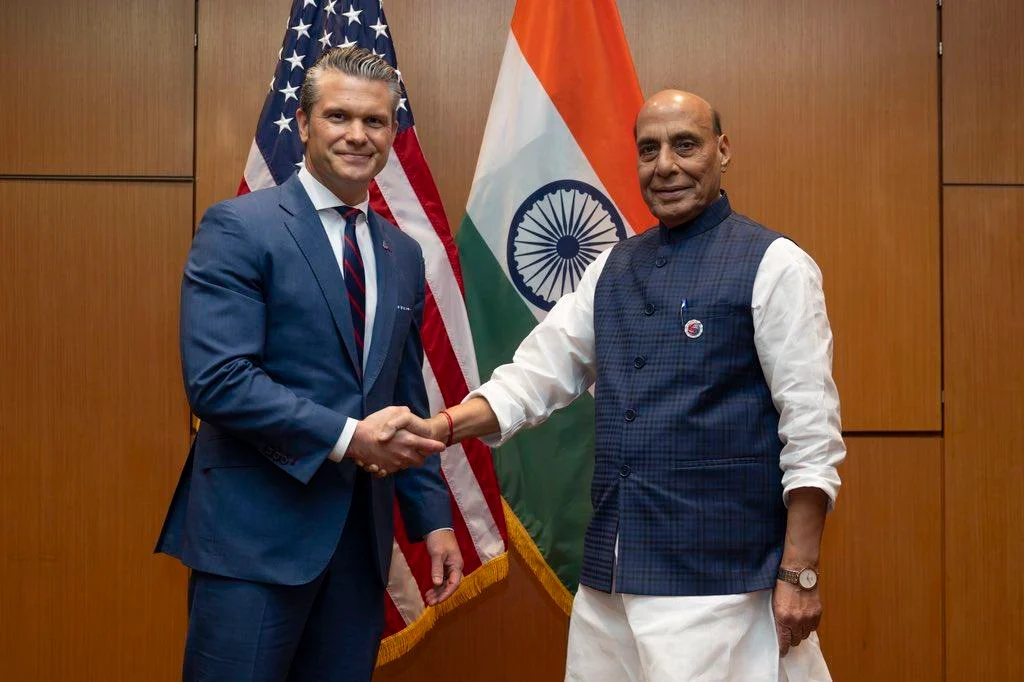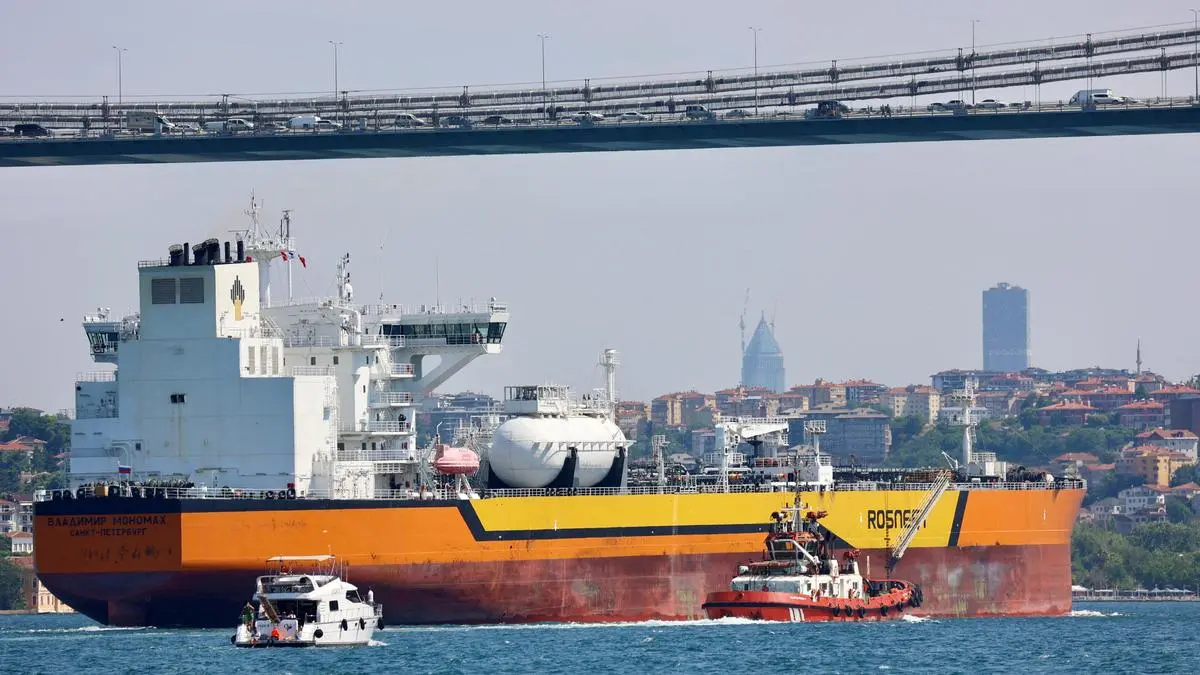Copyright scmp

India and the United States have renewed a 10-year defence framework, reaffirming their strategic partnership despite simmering tensions over trade and Delhi’s deepening defence ties with Russia. The timing of the signing has put a spotlight on the balancing act required to maintain India–US defence ties, in which Delhi’s pursuit of American weapon systems is complicated by its deepening military dependence on Moscow, according to analysts. The agreement was signed on Friday in Kuala Lumpur by Indian Defence Minister Rajnath Singh and his US counterpart Pete Hegseth, who hailed it as a milestone for bilateral military cooperation. They were holding talks on the sidelines of the Asean Defence Ministers’ Meeting-Plus in the Malaysian capital. “This advances our defence partnership, a cornerstone for regional stability and deterrence. We’re enhancing our coordination, info sharing, and tech cooperation. Our defence ties have never been stronger,” Hegseth posted on social media. Relations between New Delhi and Washington have deteriorated over the past few months, after the US imposed a 50 per cent import tariff on Indian exports, partly as penalties for India’s purchases of Russian oil. Despite the tensions, the two sides have maintained their defence ties and continued to hold joint military exercises. They have also been trying to finalise a trade agreement. While the defence framework was extended for the third time on Friday, the timing of its signing was significant, said Vivek Mishra, deputy director of strategic studies at the Observer Research Foundation. “At the political level, it is a strong signal that engagement from both sides continues as normal,” he said, adding that it augured well for bilateral ties at a broad level amid their trade discussions. India has been looking to Russia for its supply of weapons even as it seeks to ease trade tensions with the US. Delhi is reportedly planning to buy more units of Russia’s S-400 Triumf missile system to boost its air defence capabilities, according to local media reports. Following a contract signed in 2018, India has acquired five units of the S-400 system, with the option of buying five more at the same price. The Russian system played a significant role during a brief clash between India and its arch-rival Pakistan in May. Whatever weapons India plans to buy from the US would depend on its assessment of the different platforms that best suit its defence needs, according to Mishra. The Indian military has leaned towards US systems for surveillance and reconnaissance, but is less keen on American air defence systems, he added. India has also not indicated whether it would like to buy American-made F-35 stealth fighter planes despite US President Donald Trump having offered the aircraft for sale to Delhi. There have been reports that India may look to buy Russian-made Su-57 aircraft even as it is looking to build its own advanced medium combat aircraft. Russia’s willingness to transfer its latest military technology to India would be viewed favourably by Delhi because it wants to be more self-reliant in weapons development by buying less from its external suppliers and building its defence sector, according to analysts. In contrast, the US had not been willing to share its technology with India, Mishra noted. Nonetheless, he suggested more joint ventures between the two countries under the renewed defence framework to solidify their ties. Satellite-based communications and infantry combat vehicles are among the areas that both sides can collaborate on, according to Mishra. Indian conglomerates like the Tata Group and Mahindra & Mahindra are currently partnering with their American counterparts to manufacture parts of the C-130 J Super Hercules transport aircraft, the fuselage of Apache helicopters and underwater vehicles. If Washington were to treat India as a strategic partner by sharing more technology, it could help reduce the trust deficit between the two countries, Mishra said. Analysts have noted that Indian Prime Minister Narendra Modi skipped the recently concluded Asean summit in Kuala Lumpur as he reportedly wanted to avoid a meeting with Trump. India has insisted that the ceasefire reached with Pakistan in May was primarily due to the efforts of the two sides, contrary to Trump’s claims that he played a leading role in ending the conflict. Washington has long positioned India as a geopolitical counterweight to China in the Indo-Pacific region. Earlier on Friday, Hegseth voiced concerns in talks with Chinese Defence Minister Dong Jun about Beijing’s naval activity around the South China Sea. Ties between India and the US have also been strained by the perceived aim of Washington to draw itself closer to Islamabad, including securing Pakistan’s critical mineral resources and access to its ports, according to analysts. Priyajit Debsarkar, a London-based political and security analyst on South Asia, said: “These things have to be taken into consideration. If the US thinks that it can sail on two boats, then it probably won’t work.”



